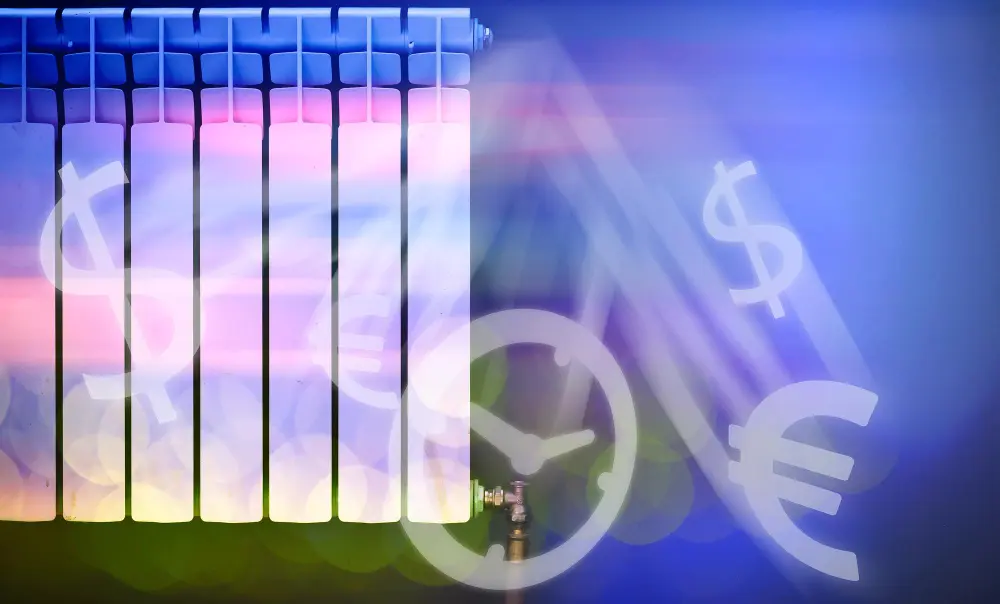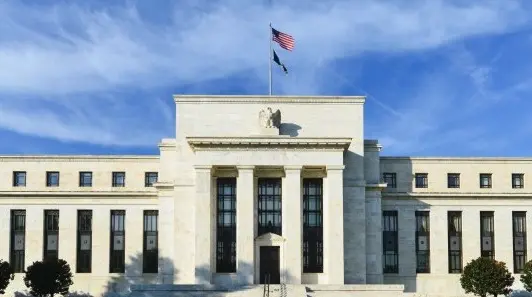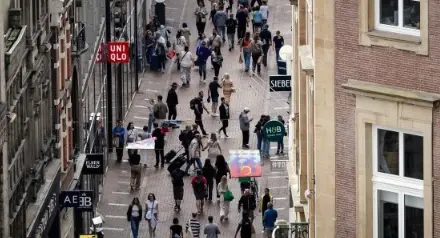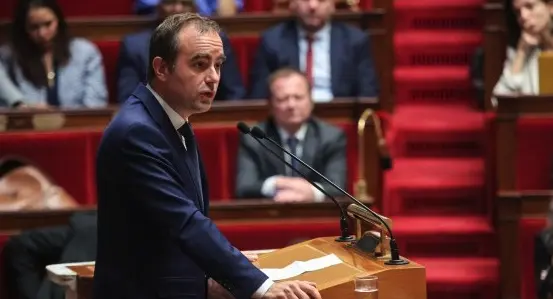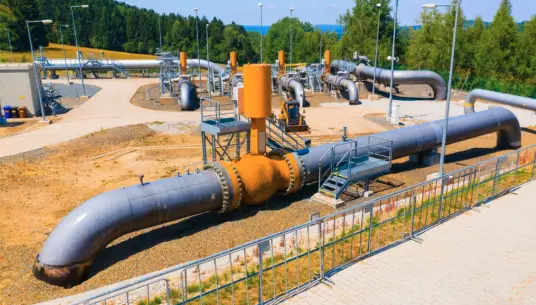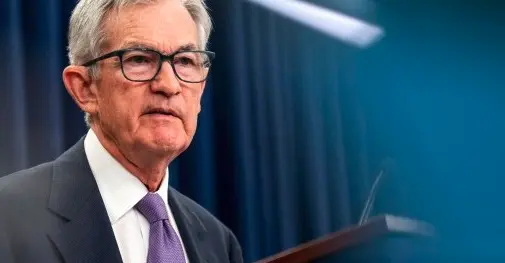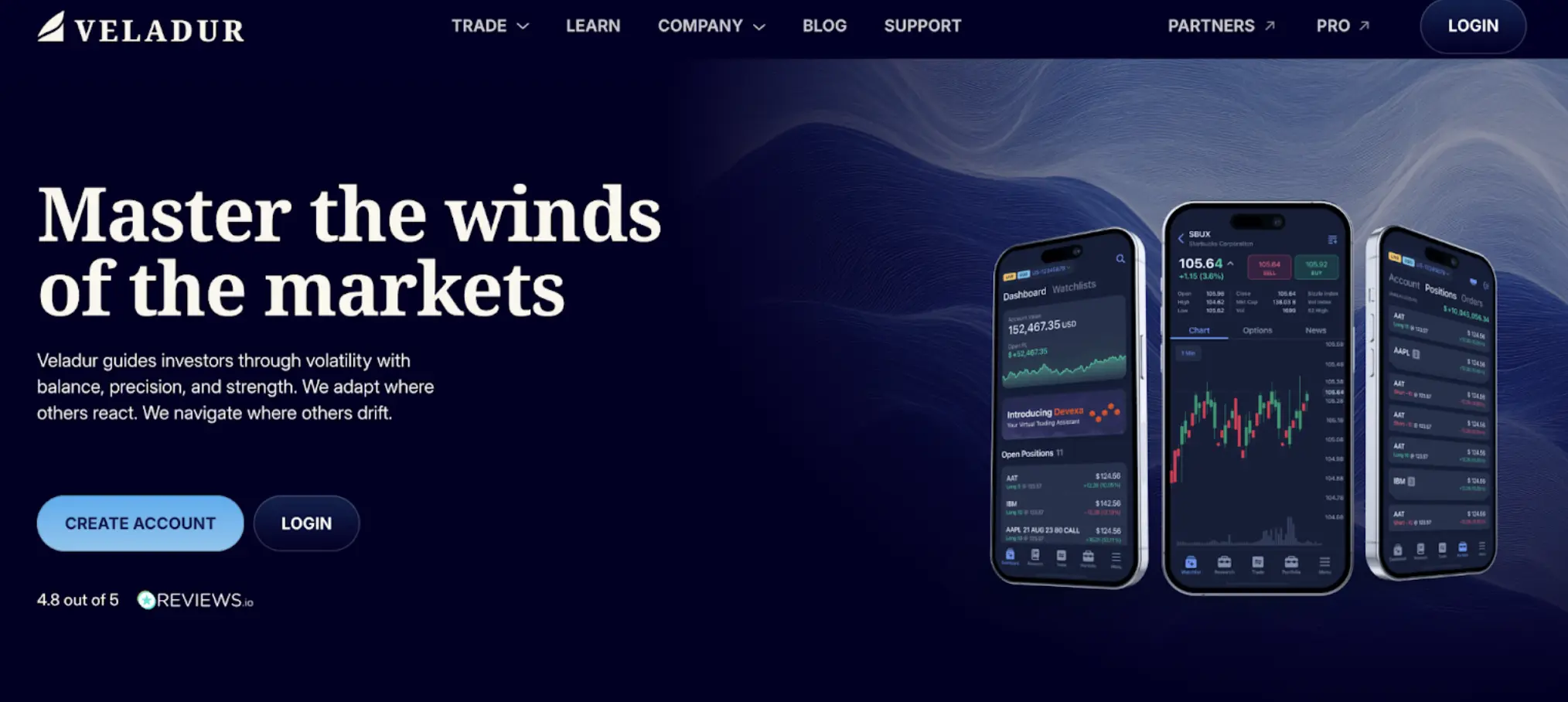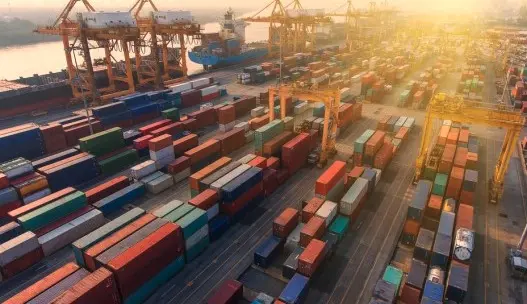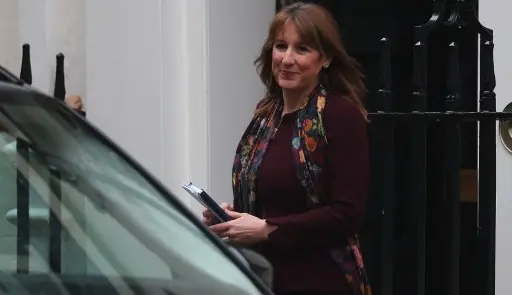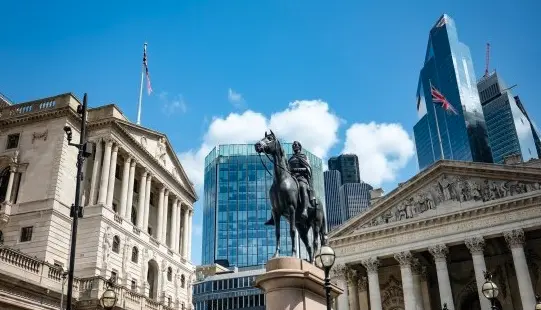Inflation did not continue the downward trajectory that started in the Netherlands in May this year. HICP consumer prices increased from 2.4% YoY in August to 3.0% in September – a sharper increase than expected. Inflation of energy and fuel, in particular, accelerated last month, as fuel prices rose in line with our expectations.
More unexpected was the considerable jump in core inflation, from 2.2%YoY in August to 2.7% YoY in September. This largely resulted from services. Service inflation was already elevated in August, largely due to home rents – which account for nearly 8% of the inflation basket – but the jump from 2.9% to 3.6% in September cannot be attributed solely to housing demand. For now, however, it is unclear which services caused the acceleration, since disaggregated inflation figures will only be published in two weeks’ time.
Inflation of non-energy industrial goods also increased, but only marginally from 1.4% in August to 1.5% in September. Food, beverages and tobacco continued to increase by 3.7% in price.
Today’s HICP figure was clearly above expectations. Quite often, Dutch businesses report supply-side constraints, such as a lack of personnel or a shortage of materials and/or equipment, as their main factor limiting business, more often than insufficient demand. This is more often the case for Dutch businesses than many of their peers in other European economies. Wage growth is still high, with contractual wages increasing by 4.6%YoY in August, due to a high vacancy rate in the Netherlands, even though it is on a deceleration path.
Although the service inflation acceleration is surprising, these wage cost developments might explain why service inflation was and continues to be above normal rates. September figures published by the European Commission also show that selling price expectations for the months ahead are still above long-term averages and are hardly changing. All this shows that a return to more modest inflation will take longer than expected and is unlikely before year-end.



